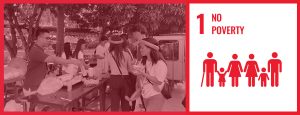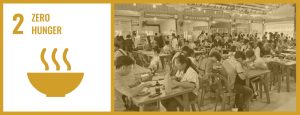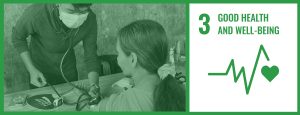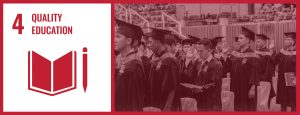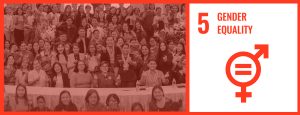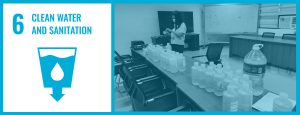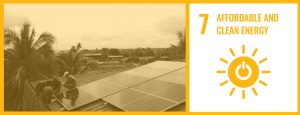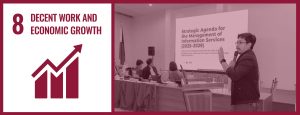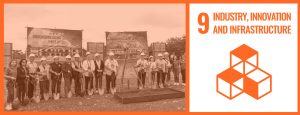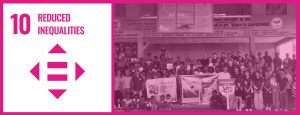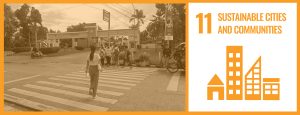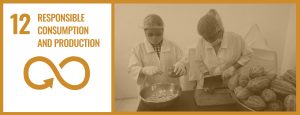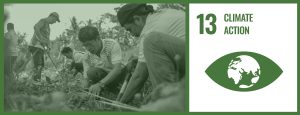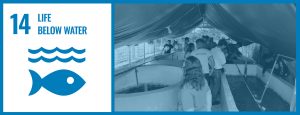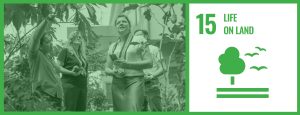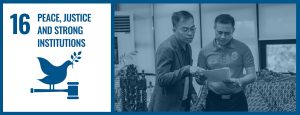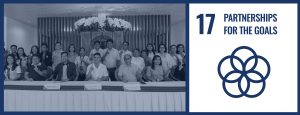2024 Reports | SDG 4 – Quality Education

Isabela State University (ISU) stands as one of the leading Level IV State Universities and Colleges (SUCs) in the Philippines, playing a pivotal role in promoting global education goals—particularly Sustainable Development Goal 4 (SDG 4): Quality Education. SDG 4 emphasizes inclusive, equitable, and high-quality education for all, and ISU’s contributions to this objective are both significant and transformative.
Central to ISU’s mission is its firm commitment to providing accessible and excellent education to students from diverse socio-economic, geographic, gender, and cultural backgrounds. This dedication mirrors the principles of SDG 4, which advocate for education that is open to everyone regardless of circumstance. By fostering inclusivity, ISU not only delivers responsive academic programs but also empowers students to use education as a means of personal and social advancement.
To break barriers in higher education, ISU implements various scholarship, financial assistance, and flexible learning programs, ensuring that financial hardship does not hinder deserving students. These initiatives are especially vital in rural communities, where access to quality education is often limited. By extending educational opportunities to underserved areas, ISU actively works toward closing the rural–urban education gap in line with SDG 4’s call for equity.
ISU’s pursuit of quality education also extends beyond conventional teaching. The university offers innovative, skills-oriented programs that prepare students for the demands of a fast-changing world. Courses on sustainable development, digital innovation, and entrepreneurship reflect ISU’s forward-thinking approach to global workforce needs and lifelong learning.
Furthermore, ISU emphasizes holistic student development through mentorship, career services, and counselling programs that nurture personal growth, leadership, and social responsibility. These support systems ensure that students are not only academically competent but also equipped to make meaningful contributions to society and sustainable development efforts.
By upholding inclusivity, accessibility, and educational excellence, ISU exemplifies the essence of SDG 4. Its dynamic, student-centered initiatives continue to transform lives and communities, reinforcing its role as a key driver in advancing national and global efforts toward the 2030 Agenda for Sustainable Development.
PROPORTION OF GRADUATES WITH TEACHING QUALIFICATION
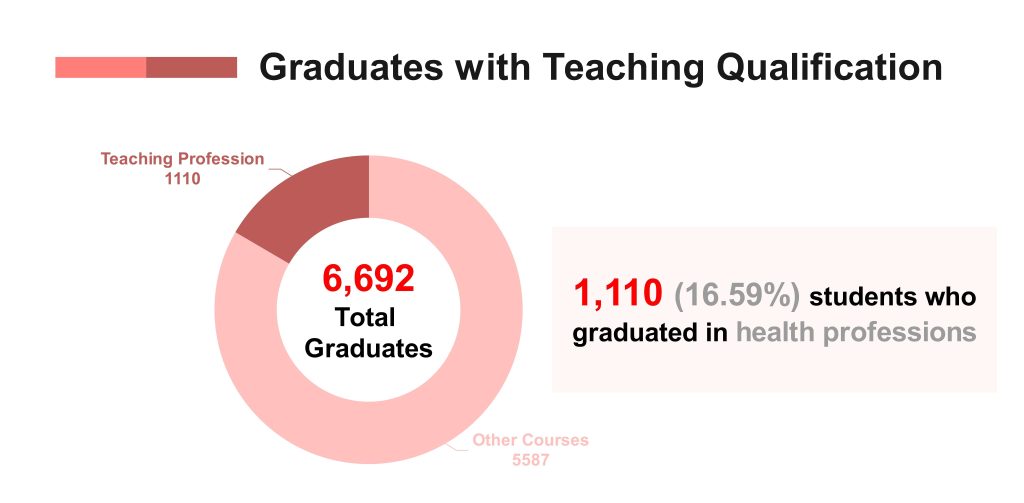
In the academic year 2024, a total of 6,692 students graduated from Isabela State University, covering Bachelor’s, Master’s, and Doctoral degree programs. These graduates were officially approved by the Board of Regents, confirming their successful completion of respective academic curricula. Among the 6,692 graduates for the year 2024, a total of 1,110 earned a bachelor’s degree in education as qualification that entitles them to teach at the primary school level and are eligible to take the Licensure Examination for Teachers (LET) as a prerequisite for practicing as licensed professional teachers in the Philippines. This significant proportion highlights the university’s dedication to training educators equipped with the essential knowledge and credentials to support foundational education in the country.
LIFELONG LEARNING MEASURES
Providing Access to Public Resources (Lifelong Learning) for those Not Studying at the University
The ISU Linker e-Journal facilitates the unrestricted use and expansion of Isabela State University’s (ISU) digital resources, thereby augmenting the university’s intellectual contributions by transcending geographic constraints.
This initiative enhances the academic community and broadens access for various users, including alumni and community members, facilitating their interaction with the extensive electronic publications offered by the university. The remote access to scholarly literature is a significant advantage of ISU’s digital resource plan. This accessibility allows individuals beyond the traditional classroom to stay informed about recent advancements in their areas of interest. Alumni can remain informed about innovative ideas and advanced research, thereby enhancing their professional skills and fostering lifelong learning. This involvement fosters continuous personal and professional development and assists alumni in maintaining relevance in rapidly evolving sectors.
The provision of free access to ISU’s Linker e-journals presents a significant educational opportunity for community members, as this initiative fosters lifelong learning and connects academic pursuits with broader societal engagement. Using these materials, aligned with ISU’s creative curriculum, will enhance literacy, critical thinking skills, and overall knowledge across various disciplines for community members and stakeholders. This engagement promotes intellectual and cultural growth within the community, cultivating a well-informed citizenry prepared to engage in public discourse.
In addition to resource sharing, ISU fosters cooperation and relationships with external organizations that go beyond mere accessibility. Expanding access to its e-journals enables ISU to invite various stakeholders to participate in knowledge generation and discovery. Partnerships can yield innovative concepts, collaborative research initiatives, and advantageous relationships that strengthen the university and its partners.
ISU’s dedication to resource sharing enables the exchange of information within the wider society, fulfilling its role as a public higher education institution by offering free, high-quality learning that generates, transmits, disseminates, and applies knowledge. It illustrates the concepts of a modern, interconnected society where access to education, research, and participation is open to all. This project emphasizes the importance of freely distributing knowledge for societal benefit and harnessing the power of information. ISU benefits its academic community and significantly enhances societal well-being through the dissemination of digital resources and the promotion of an open access culture. This dedication illustrates that education transcends traditional boundaries and constitutes a reciprocal journey for each student.



Open Access to Public Events (Lifelong Learning) for the General Public
The Isabela State University is committed to hosting events that share knowledge and skills with the community. One such event was organized by the Bachelor of Science in Criminology program at ISU Angadanan Campus, in collaboration with the Frontier for Innovative Criminology Society (FICS).
The Bachelor of Science in Criminology program has expressed the spirit of service in their future careers as enforcers of the law, pushing the boundaries of instruction and catering to the community’s police officers through the Defensive Tactics and Security Program on September 8, 2024. Choosing Barangay Centro 3 of Angadanan, Isabela, its Barangay Captain Joseph Daracan became an avid advocate for the initiative, as creating a safe and orderly community is one of the primary roles of our local governments.
The event was marked by an aspiration to teach participants essential techniques in personal defense, situational awareness, and the fundamentals of security services. The competent instructors from FICS demonstrated hand-to-hand combat techniques and non-lethal weapon use, providing the participants with realistic and applicable self-defense strategies. These activities are imperative to the conduct of security management – equipping the barangay police officers with skills in assessing risks and implementing safety measures in the community, thereby broadening educational opportunities for the general public. Pictures of the event below shows participation from barangay police officers, out-of-school youth, mothers, and other members of the community.
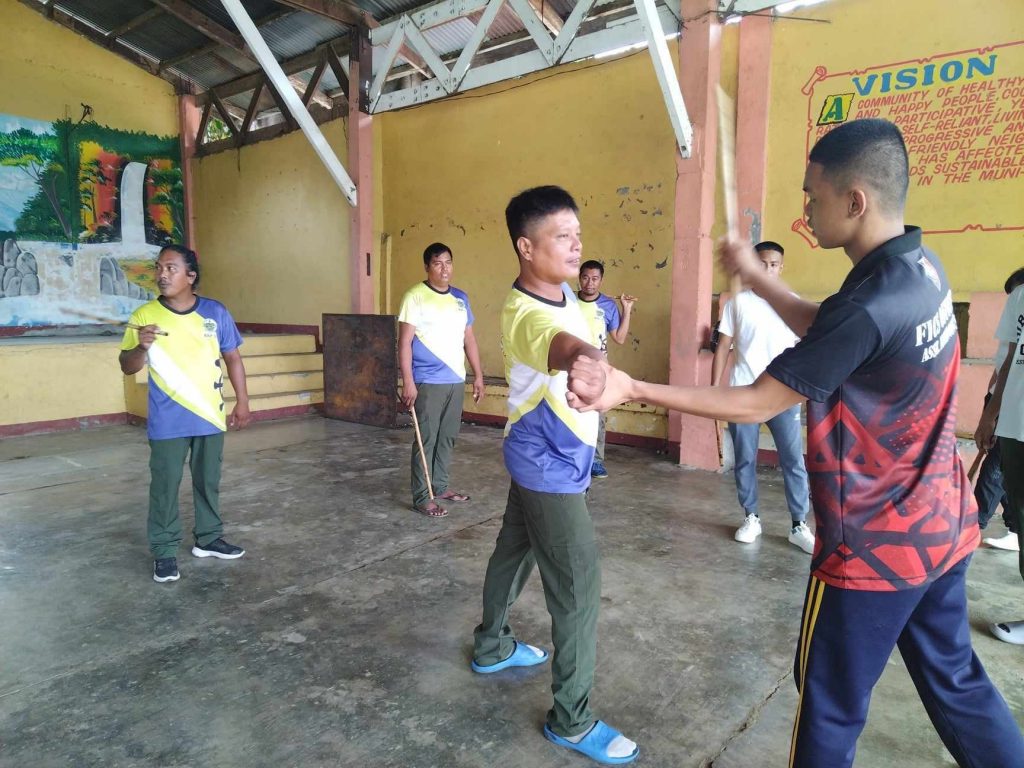
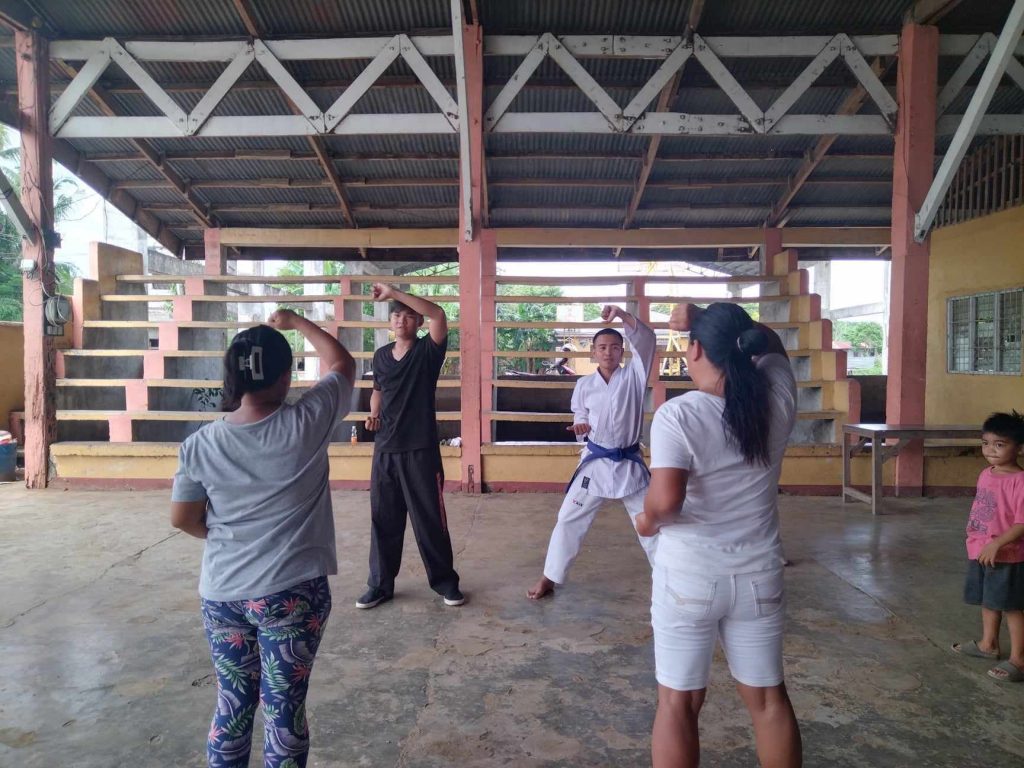
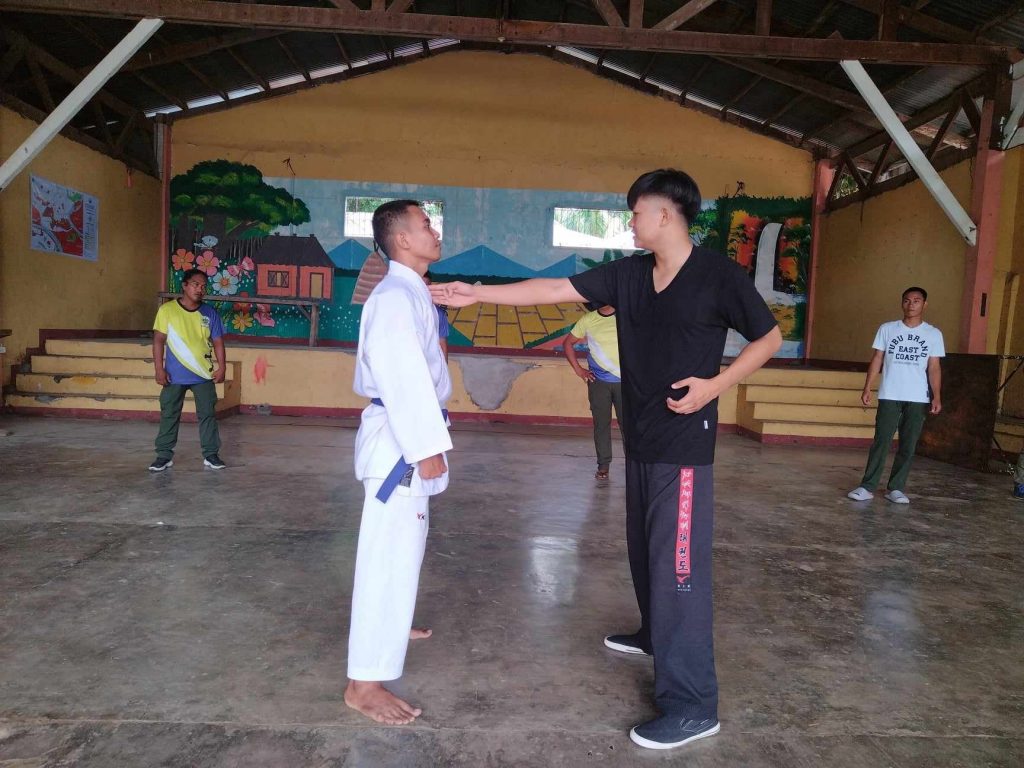
Open Access to Vocational Training Events (Lifelong Learning) for the General Public
The University enables local farmers to access advanced farming technologies by providing relevant opportunities. In collaboration with TESDA, ISU hosted the graduation ceremony for sixty-nine participants who successfully completed the Special Training Program (STEP) on Prepare Land, leading to Agricultural Crops Production NC III.
Open to the general public, this initiative demonstrates ISU’s dedication to lifelong learning and quality education by equipping attendees with agricultural skills and essential starter kits. Supported by TESDA, the program highlights the university’s pivotal role in promoting inclusive and sustainable community development.
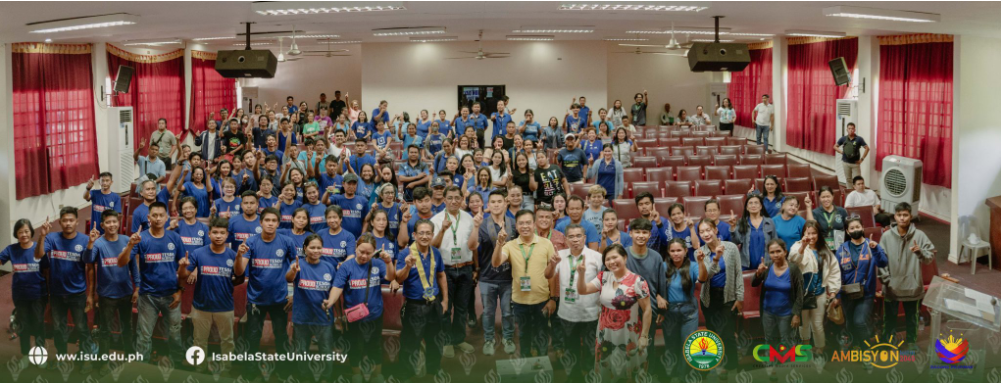
Education Outreach Activities Beyond Campus
The Association of Criminology Students (ACS) of ISU Jones Campus led the “Res-CUE: Rescuers on the Go!” seminar-training on October 1–2, 2024 at Palagao Community Center. This training built the capacities of Barangay Officials, barangay police, and Health Workers with essential emergency response, rescue, and safety skills. Through lectures, demos, and practical exercises, participants were empowered to aid their communities during crises.
This community-based training highlights the University’s continuing commitment to extend learning beyond the classroom. By engaging faculty members and student volunteers in delivering specialized training programs, ISU ensures that education remains responsive to real-world needs.
Moreover, the initiative contributes to strengthening local disaster preparedness and promoting a culture of civic responsibility, collaboration, and resilience at the grassroots level. Through programs like Res-CUE, ISU strengthens its role as an academic institution that empowers communities through knowledge, service, and sustainable development.
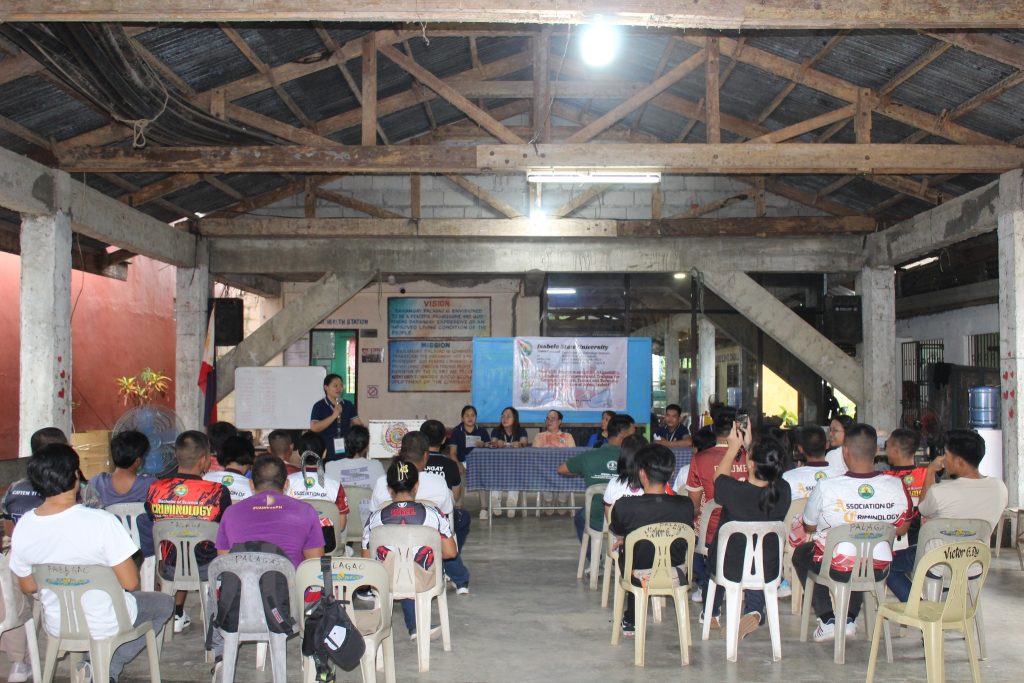
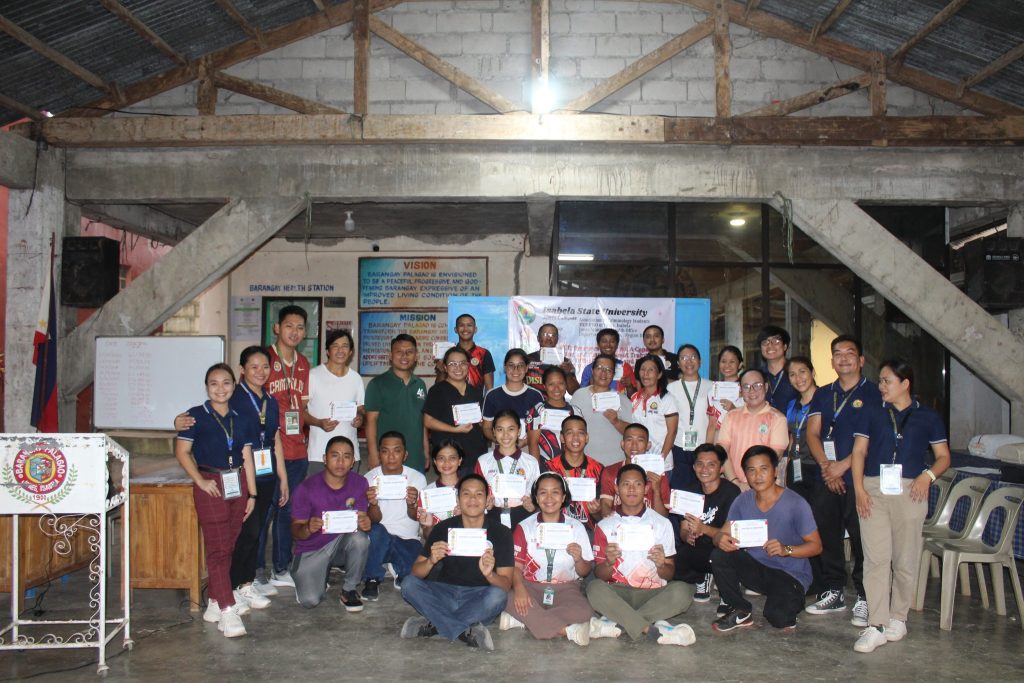
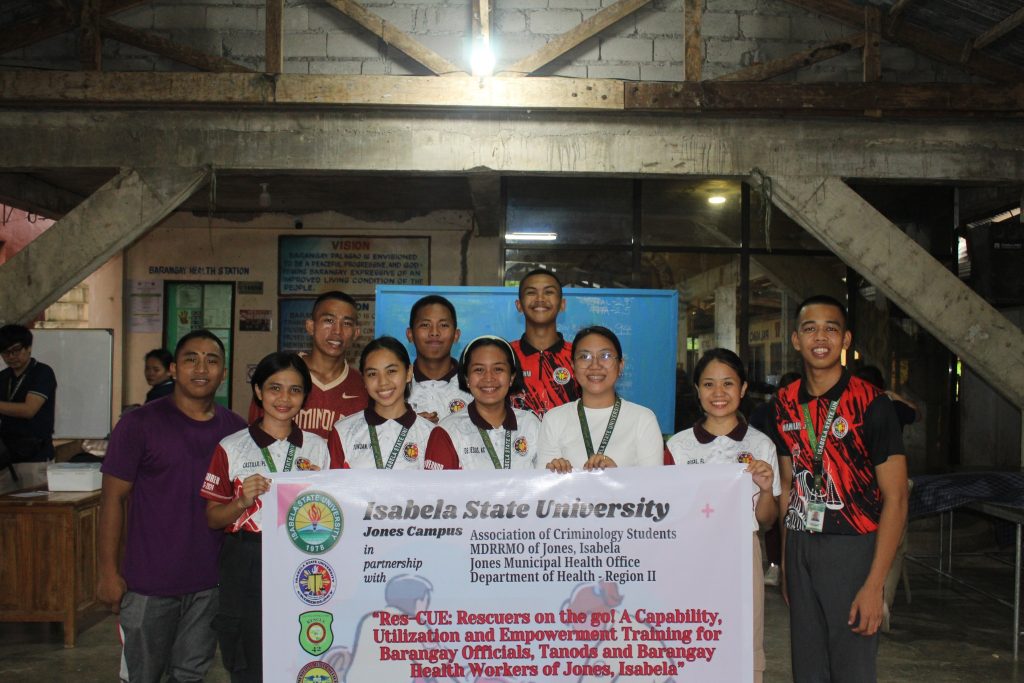
Lifelong Learning Access Policy
The continuous provisions of the student manuals provide a comprehensive guide for students and stakeholders to understand the institution’s rules, academic requirements, processes and procedures, academic policies, student affairs and services, as well as general information about the university.
Found on page 47 of the ISU Student Manual, its main purpose is to ensure that all students—regardless of ethnicity, religion, disability, gender, or immigration status—are well-informed, responsible, and prepared to navigate both the academic and non-academic aspects of student life.
To read more about the ISU Student Manual, click here: https://isu.edu.ph/isu-student-manual/
PROPORTION OF FIRST-GENERATION STUDENTS
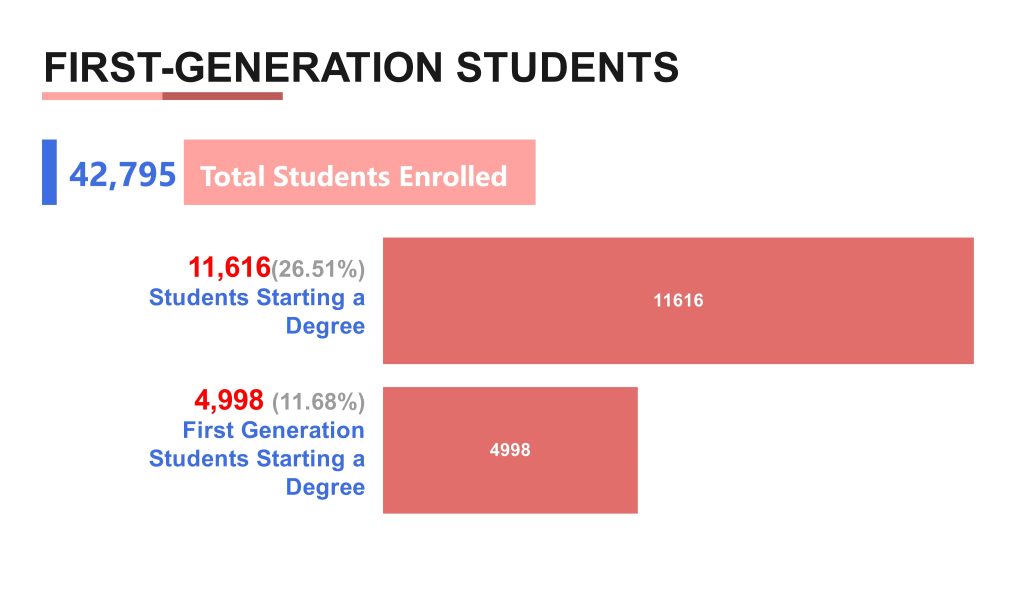
The Isabela State University recorded a total enrollment of 42,796 students across its various academic programs during the 2024 academic year. These students pursued degrees at the Bachelor’s, Master’s, and Doctoral levels, reflecting the university’s diverse and comprehensive educational offerings.
Among the total enrollment of 42,796 students at Isabela State University in the 2024 academic year, there are 11,616 students who started degree programs during this period. This group primarily consists of freshmen or new entrants beginning their academic journey in various undergraduate and graduate degree programs.
Out of the 11,616 students who started degree programs in the year 2024, there are 4,998 are identified as first-generation students starting a degree, indicating a substantial representation of first-generation students at the university. This highlights the university’s role in providing access to higher education for students from families without a prior college education.


